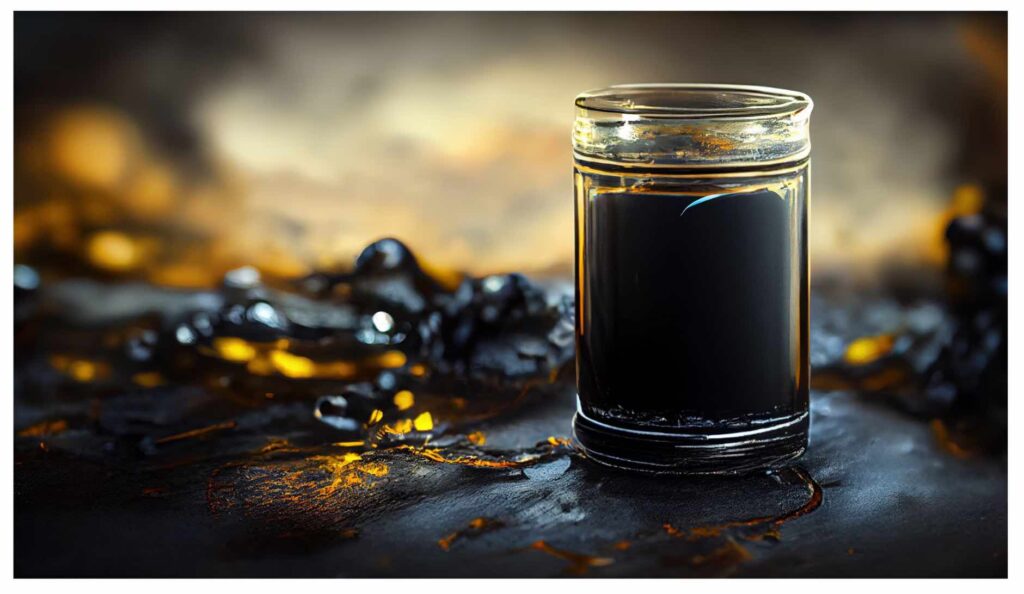
The Problem
All lubricants oxidize when exposed to increasing temperature; the higher the temperature the faster the oxidation rate.
Oxidized oil thickens and loses lubricity, requiring more energy and increasing overall fuel consumption. Oxidized oil will also produce harmful acids that can lead to corrosion and the formation of sludge and varnish.
The Solution
AMSOIL base oils are engineered with fully saturated synthetic molecules, which makes them naturally resistant to oxidation. Fully saturated molecules have a sealed molecular structure with few openings for other molecules, such as oxygen molecules, to attach. The fully saturated structure of AMSOIL fluids resists thickening from thermal and oxidation reactions. In addition to their natural oxidation resistance, AMSOIL lubricants are fortified with antioxidants that help further extend fluid life.
Shear Stability and Wear Protection: The uniform molecular structure of AMSOIL synthetic lubricants contributes to their outstanding film strength and shear performance and allows them to maintain a protective fluid barrier during aggressive operation. While poor-performing, conventional fluids rupture under the pressure, AMSOIL 100% Synthetic lubricants are fortified with anti-wear and extreme-pressure additives that provide a sacrificial layer of protection. Conventional oils do not have the advantage of a uniform molecular structure and lose viscosity under normal conditions. Synthetics have inherent molecular strength and provide superior protection against shear forces.
